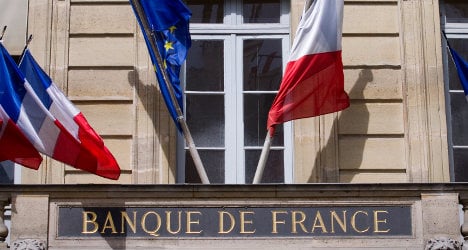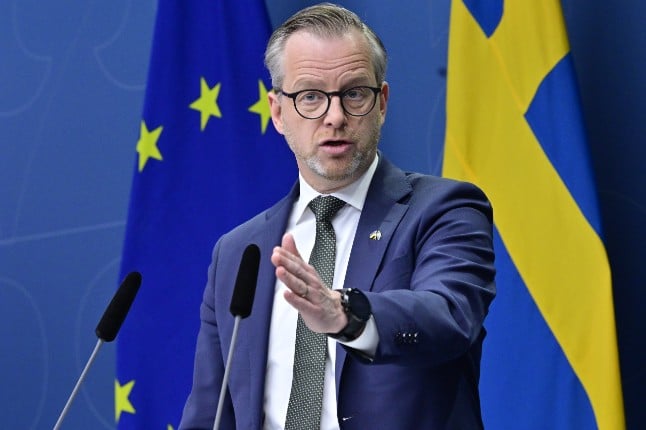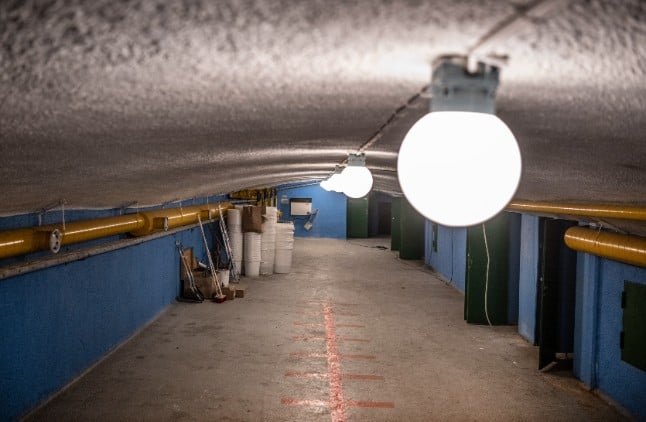The second budget of Socialist President Francois Hollande's government had been rejected by the Senate but passed on Thursday in the lower house, although the main opposition centre-right UMP party and the far-right National Front voted against it.
The budget will now have to be approved by the Constitutional Council — France's top court — before the end of the year.
Based on projected economic growth of 0.9 percent in 2014, the budget aims to bring down the public deficit from the current level of 4.1 percent to 3.6 percent of gross domestic product (GDP).
The European Commission, the executive arm of the European Union, this spring gave France two more years to bring down its deficit to the EU target of below three percent.
Budget Minister Bernard Cazeneuve said €15 billion ($20 billion) will be saved through spending cuts.
However key areas including employment, education and security will not be be affected and actually see their budgets increased.
The government has also unveiled tax increases but was forced to backtrack on one of them — the so-called "ecotax" on commercial vehicles carrying cargo of more than 3.5 tonnes — after violent protests in Brittany, a predominantly agricultural region in northwestern France.
The new measures see the top VAT rate going up from 19.6 to 20 percent from January 1st, the mid-range rate increase from seven to ten percent while the lower rate on basic goods will be maintained at 5.5 percent.
The surtax on companies posting a turnover of more than 250 million euros will also double to more than 10 percent. This measure is targeted to bring in 2.5 billion euros a year.
Companies and households in France, the eurozone's second economy, have been hit by a steady increase in taxation since Hollande took power.
The French opposition right has described the latest measures as "artificial" savings and accused the government of fudging figures.
It argues that the steps "penalise" the middle classes.




 Please whitelist us to continue reading.
Please whitelist us to continue reading.
Member comments